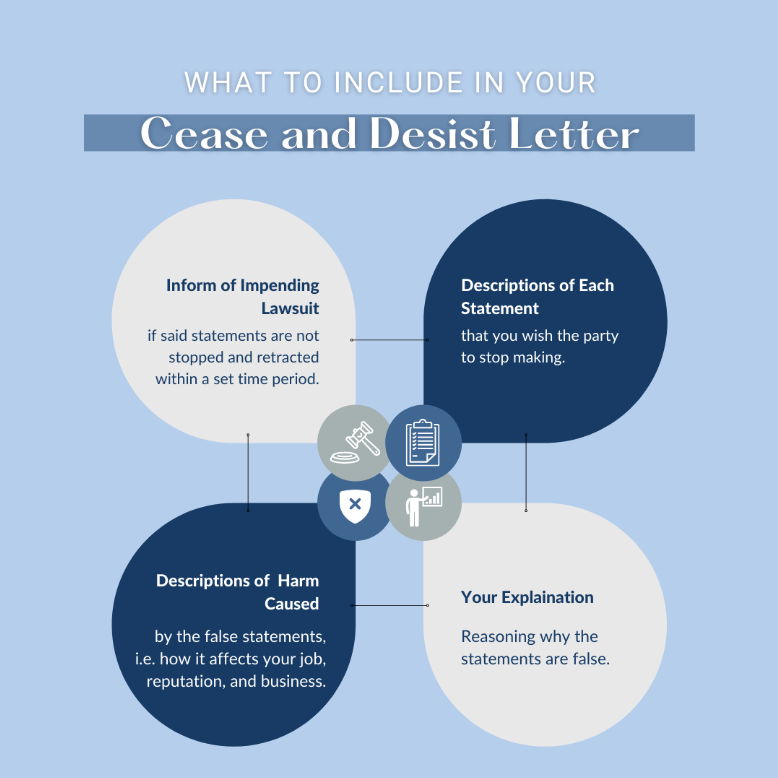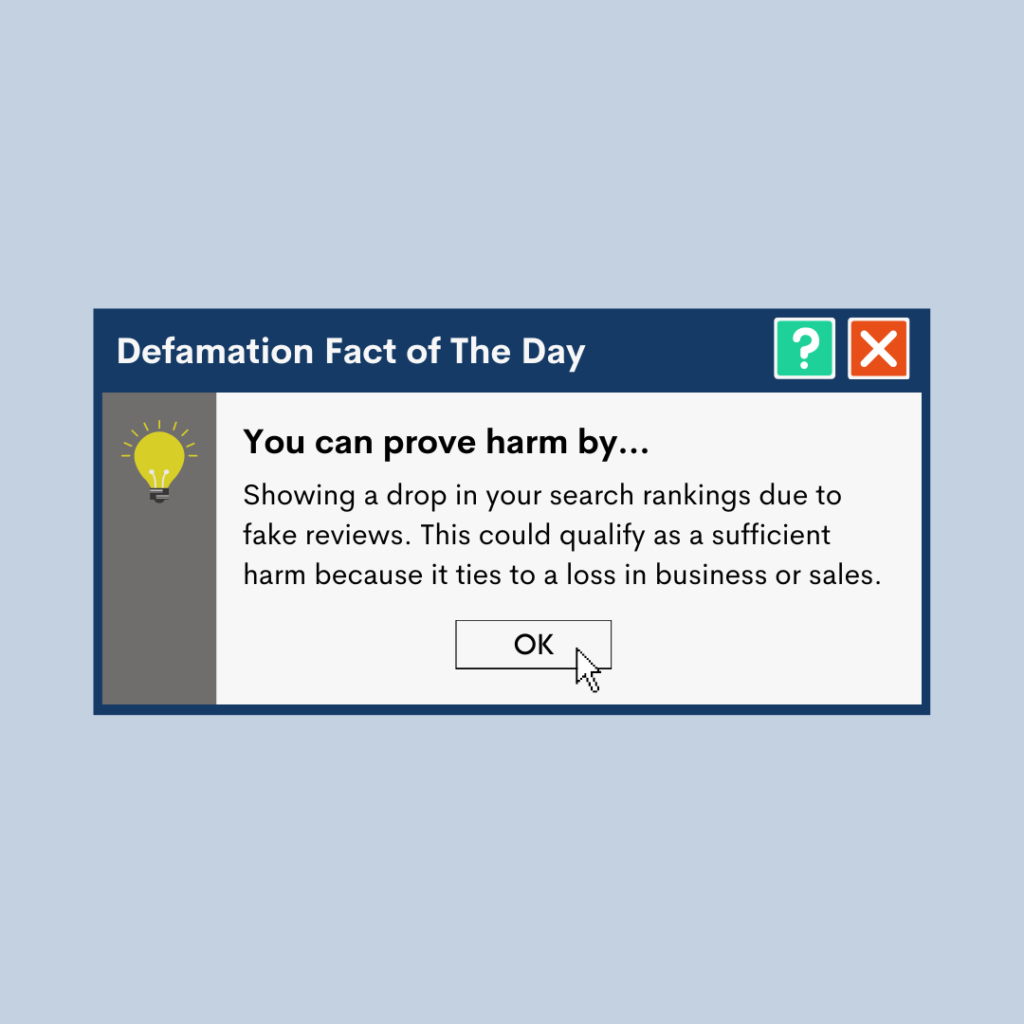Removing Content About Yourself From the Internet
Removing Content About Yourself From the Internet

We are in an age when it is almost impossible not to leave a digital footprint. A simple search of your name may reveal personal information you never realized was readily available. Information such as your address, shopping habits, and place of employment can be sold to data brokers. Data brokers use your information and content to create consumer profiles and to build credit scores. Unfortunately, it can also open you up to identity theft.
This information can also be used to mar your reputation. Building a positive reputation—whether as an individual or as a business—takes time and effort. It can affect your employment opportunities, relationships, and financial prospects.
Reputation, however, is based on perception—and though subjective, it can be shattered with one negative text or post. Negative information, even if false, can unfavorably affect your reputation. Let us look at how you can scrub personal information from the internet if you have discovered defamatory content or information about yourself online that you wish to keep private.
Opt Out on Data Broker Sites
Your personal information is like data currency and can be sold to data brokers, who use this information to help curate different profiles for you on different sites. These profiles can result in increased advertisements specific to your habits, or sharing of health data with various organizations. Unfortunately, when in the wrong hands this information can be used to hack into your online accounts. Data brokers are legally obligated to delete your details at your request. However, there are hundreds of data broker sites, so this process can be tedious; you must visit each data broker site and follow their processes to opt out.
Delete Online Accounts
Deleting your social media and email accounts may limit your connections and lead to limited opportunities. However, if you are committed to completely removing your online presence, start with older accounts you have not used and work your way to the most current. Most sites allow you to download your data before requesting to have your accounts deleted or permanently deactivated. If there are social media accounts you wish to keep, make sure the account is private and delete any information on the website you wish not to be shared. If you have had your email address for years and wish to hold on to it, try clearing out old messages.
What steps can you take if you find information on the internet published by someone else that is false or defamatory?
Request Removal of the Internet Defamation

It may sound simple, but your first line of action is to request that the publisher or website owner remove the libelous content. Removing the content decreases the risk of the information showing up on search engines or other websites.
The following are two ways you can request internet defamation removal:
- An Editorial Request: This is a content removal strategy utilized by you and/or your defamation attorney. It is a polite request for content to be removed and can sometimes include a proposition of other strategies, such as changing or removing parts of the content that has been posted.
- A Cease and Desist Letter: This is a letter drafted and signed by a defamation attorney. It demands the removal of the harmful content, as well as that the publisher desists from posting the information again. This letter typically closes with a threat of a defamation lawsuit if the action is ignored.
Obtain a Court Order for Internet Defamation Removal

Under the Communications Decency Act, some websites may not be liable for third-party content, even if this content is harmful. If the publisher is unable or unwilling to remove the defamatory content, you may opt to have a court order issued. A court order is an official legal proclamation from a judge or court for action to be undertaken. If the court order is disobeyed, the person or company can be held in contempt of court and would be subject to fines and/or prison time.
Request De-Indexing of the Content
There may be situations where it is impossible to access and remove the damaging content. In these situations, it is best to stop the content from showing up in search engines. This is done by requesting that a no-index tag be added to the damaging material. This will stop the content from coming up in search engines and make it less accessible to the public.
Scrub Personal Information From the Internet
If you are uncomfortable with the amount of personal information available on websites or have found content that is harming your reputation, you may need the help of a defamation attorney. Our experienced defamation attorneys understand how crucial it is to remove personal information or defamatory content as expeditiously as possible. Time is of the essence; request a consultation today.
Similar like this
You also might be interested in
Why Hiring an Internet Defamation Lawyer Could Be the Right Move
These days, many of us live part of our lives [...]
Can You Sue an Anonymous Author for Libel? What You Need to Know
The internet makes it easy for anyone to post content [...]
What Does an Internet Law Firm Do? How We Protect Your Online Reputation and Business
How RM Warner Protects Your Online Reputation and Business Navigating [...]
Instagram’s Terms of Service: What You’re Really Agreeing To
Are you guilty of clicking "I Agree" to the terms [...]





